We may earn money or products from the companies mentioned in this post. This means if you click on the link and purchase the item, I will receive a small commission at no extra cost to you … you’re just helping re-supply our family’s travel fund.
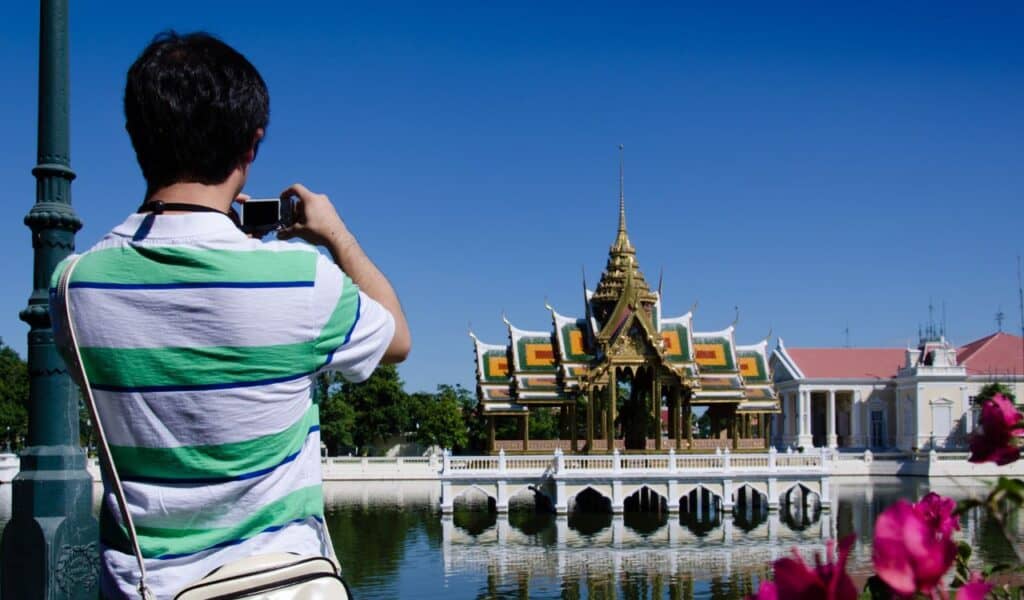
One wrong move in Thailand could land you in prison for fifteen years. Over 35 million tourists visited in 2024, drawn by pristine beaches and ancient temples, but many left with shocking stories of cultural missteps that nearly destroyed their trips. Thailand’s blend of Buddhist traditions and strict social customs creates a minefield for unprepared visitors – what feels innocent back home can be deeply offensive or even criminal here.
Never Touch Anyone’s Head
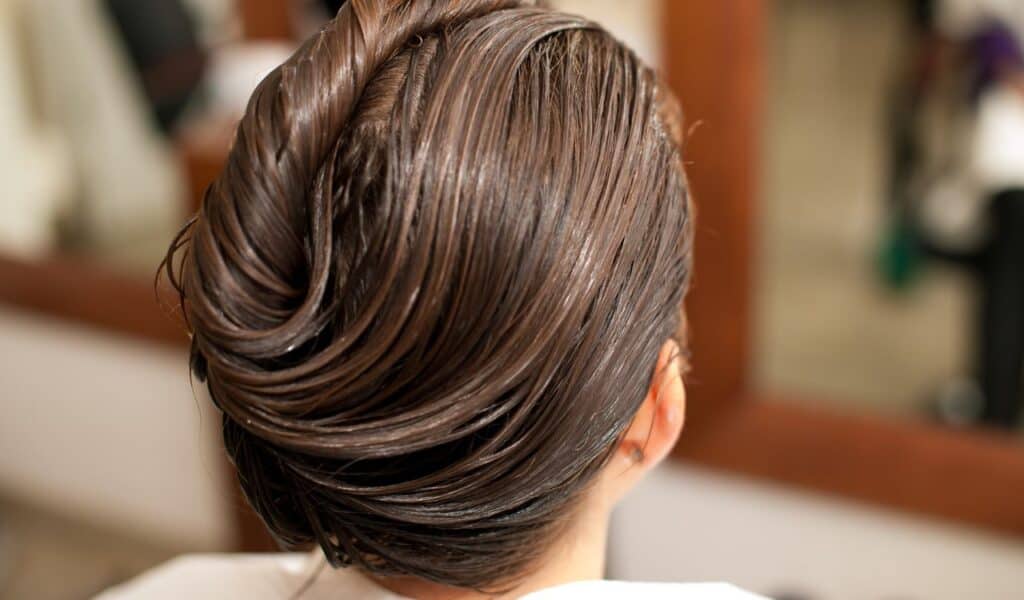
Think patting a child’s head is harmless? In Thai Buddhist culture, the head houses the soul and spirit, making any touch – even affectionate – deeply offensive. This ancient belief runs so deep that even well-meaning gestures like ruffling hair or playfully tapping someone’s head will be met with genuine hurt and anger. Keep your hands to yourself regardless of friendly intentions, and you’ll avoid one of the most common tourist mistakes.
Keep Your Feet Pointed Down
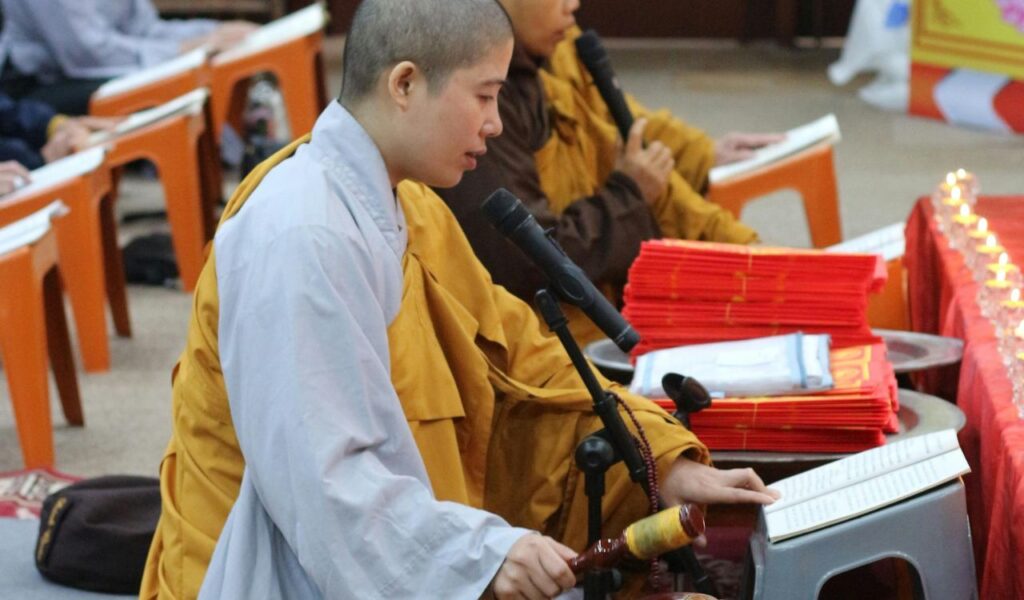
Here’s where things get stranger. Feet are considered the lowest and least clean body part both physically and spiritually, making it vulgar to point them at people, objects, or especially Buddha images. One Bangkok local explained that propping feet up on public transportation – totally normal in Western countries – is considered deeply rude in Thailand. Always keep feet on the ground and never use them to gesture, move items, or rest on furniture.
Remove Your Shoes Before Entering
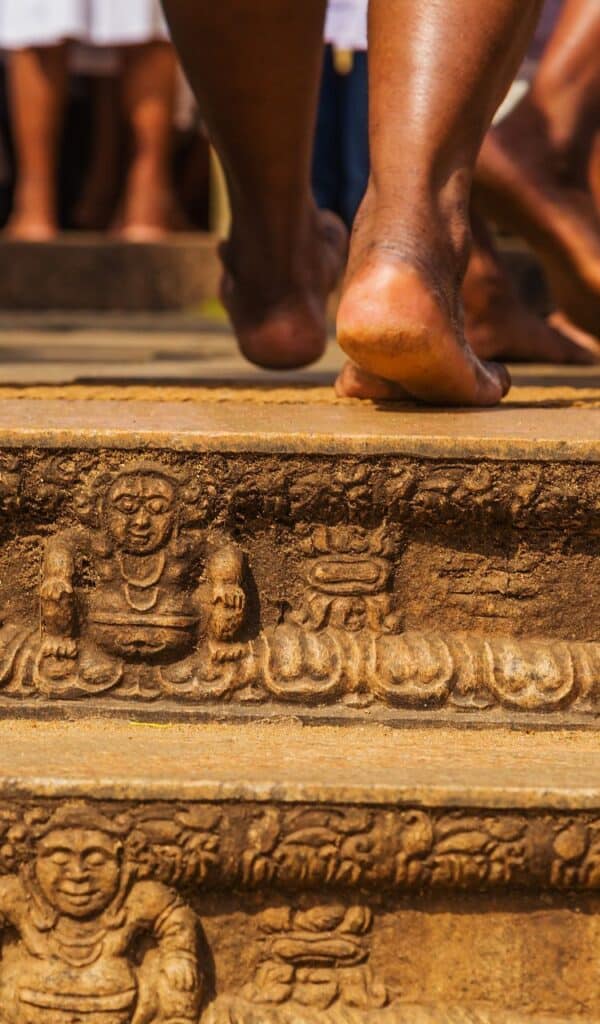
You’ll be taking your shoes off dozens of times throughout your Thailand journey, so get comfortable with it. Taking off shoes before entering temples, homes, and certain businesses shows respect for sacred and clean spaces. Many tourists hesitate because they’re unsure of the rules, but look for rows of footwear at entrances as your signal. Invest in slip-on shoes to make this constant ritual convenient.
Dress Modestly at Sacred Sites
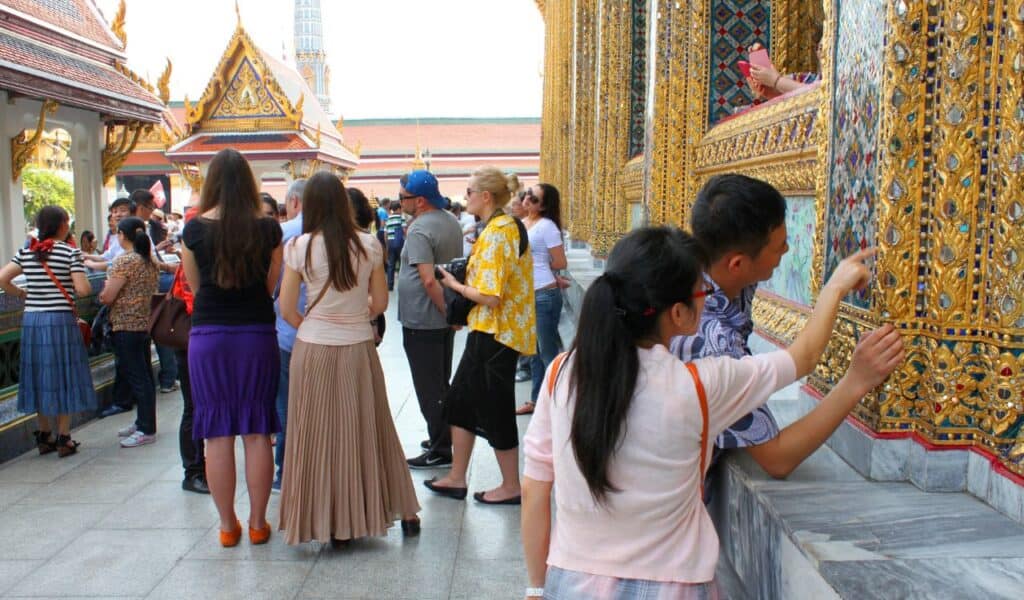
With 93% of Thailand’s population practicing Buddhism, temples are everywhere – and they enforce strict dress codes without exception. Men must wear long pants and sleeved shirts while women need long skirts or trousers with tops covering chest and shoulders. Revealing clothing, torn garments, shorts, and tank tops will get you turned away at entrances, potentially ruining your chance to see some of Thailand’s most breathtaking cultural treasures.
Respect Buddha Images Completely
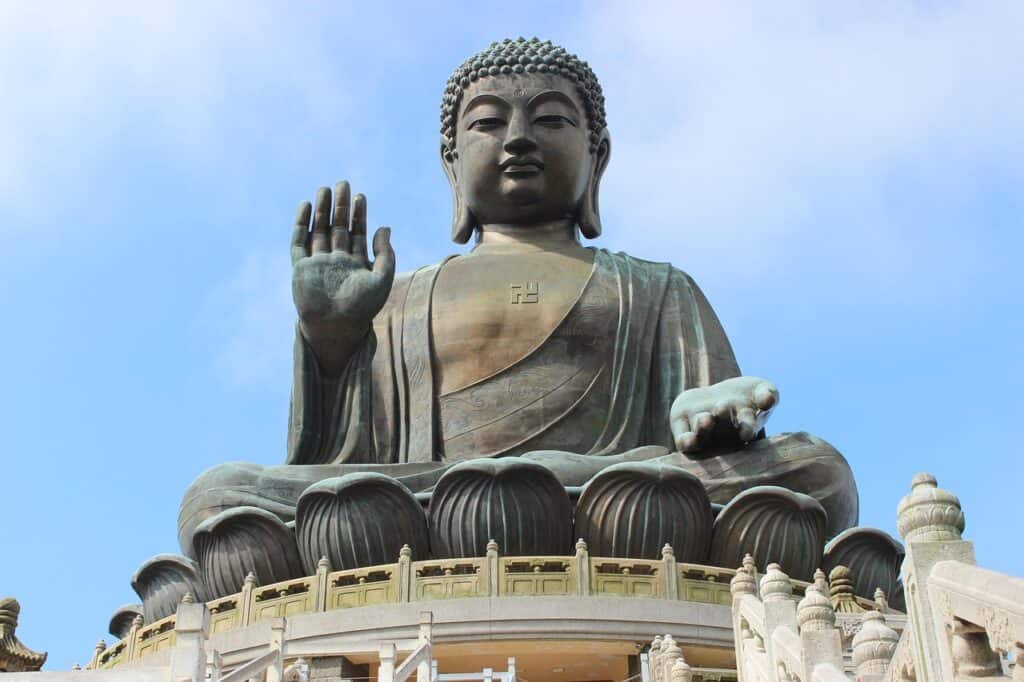
This isn’t just about etiquette – it’s about staying out of Thai prison. Disrespecting Buddhist icons carries serious legal weight under Section 206 of Thailand’s Criminal Code, with penalties ranging from one to seven years imprisonment. Never climb on, sit on, or touch Buddha statues inappropriately, and avoid photographing yourself in disrespectful poses with sacred images. Point your feet away from Buddha statues at all times, as violations can trigger prosecution and deportation.
Cover Offensive Tattoos

Buddha tattoos have landed tourists in detention rooms at Thai airports, facing police questioning and pressure to leave the country immediately. While not technically illegal, local complaints about disrespectful religious imagery trigger investigations that rarely end well for visitors. If you have Buddha, sacred symbols, or religious tattoos visible on your body, keep them covered in public spaces to avoid confrontation or legal trouble that could derail your entire trip.
Revere the Royal Family
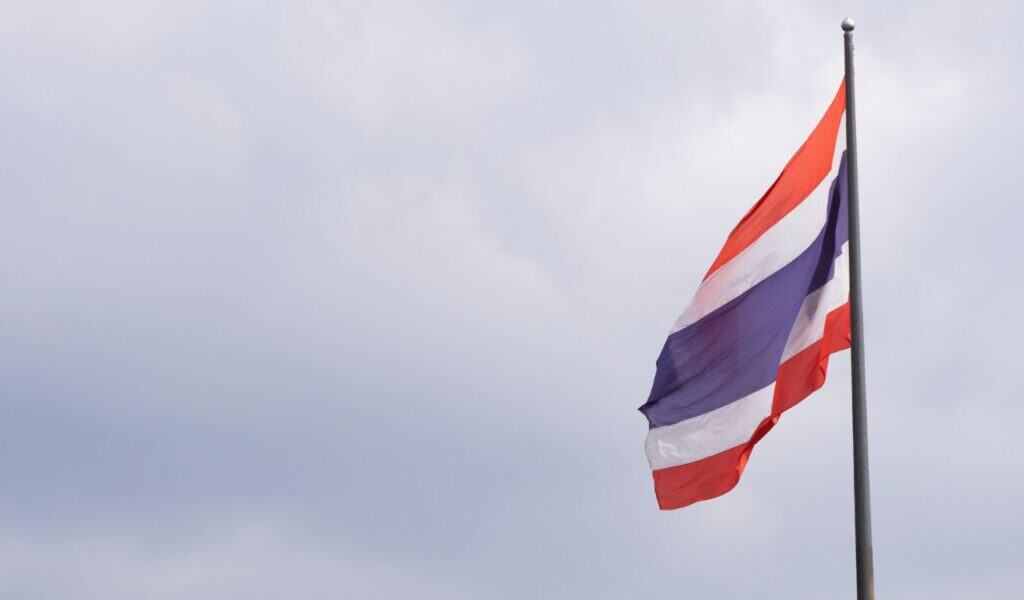
Thailand’s lèse-majesté law carries penalties of three to fifteen years imprisonment per offense, and sentences stack – meaning multiple violations could mean decades behind bars. This criminal law is actively enforced against tourists and locals alike, making it non-negotiable. Never criticize the royal family, step on currency bearing the King’s image, or make jokes about the monarchy in any context, online or offline.
Master the Wai Greeting
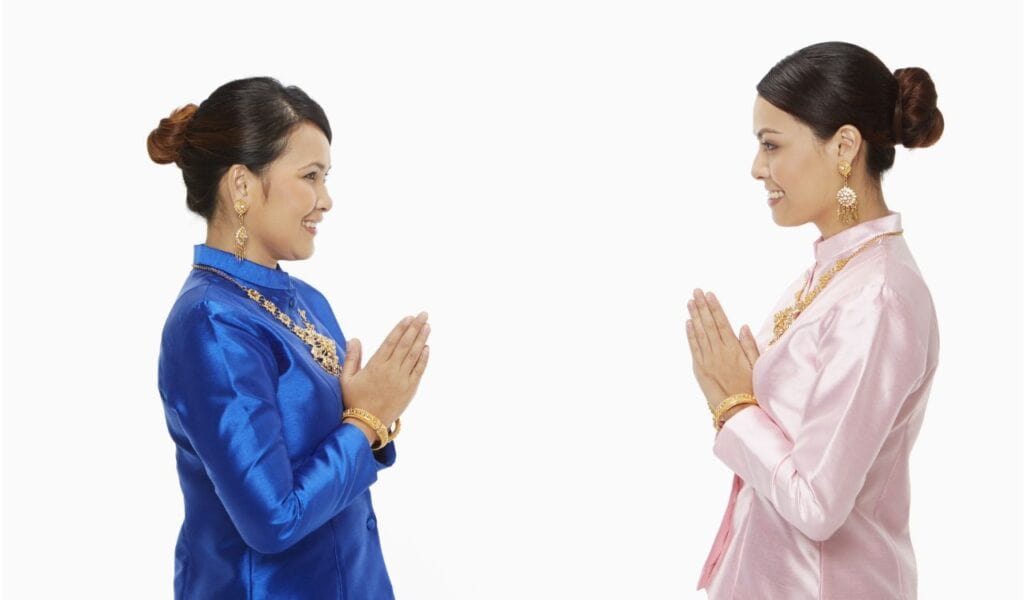
The traditional wai – pressing palms together at chest level with a slight bow – unlocks something special in Thai culture. While foreigners aren’t expected to initiate this gesture, always return it when offered, especially with elders and monks. The height of your hands conveys different respect levels, with higher placement showing greater reverence, making the wai a nuanced art form that instantly deepens connections with locals.
Step Over Temple Thresholds
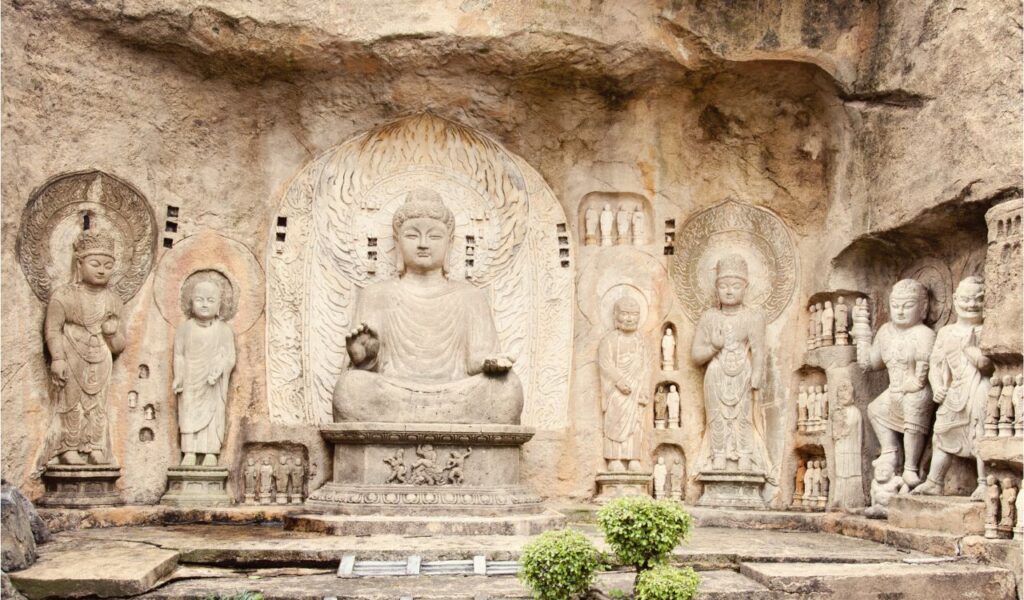
Thai culture believes spirits reside in door thresholds at temples and traditional homes, making stepping on them a sign of disrespect toward sacred boundaries. Always step completely over thresholds rather than on them – tour guides note this practice is considered bad luck and culturally insensitive. This small gesture shows you understand and honor Thai spiritual beliefs that have persisted for centuries and still guide daily life.
Speak Softly and Control Your Emotions
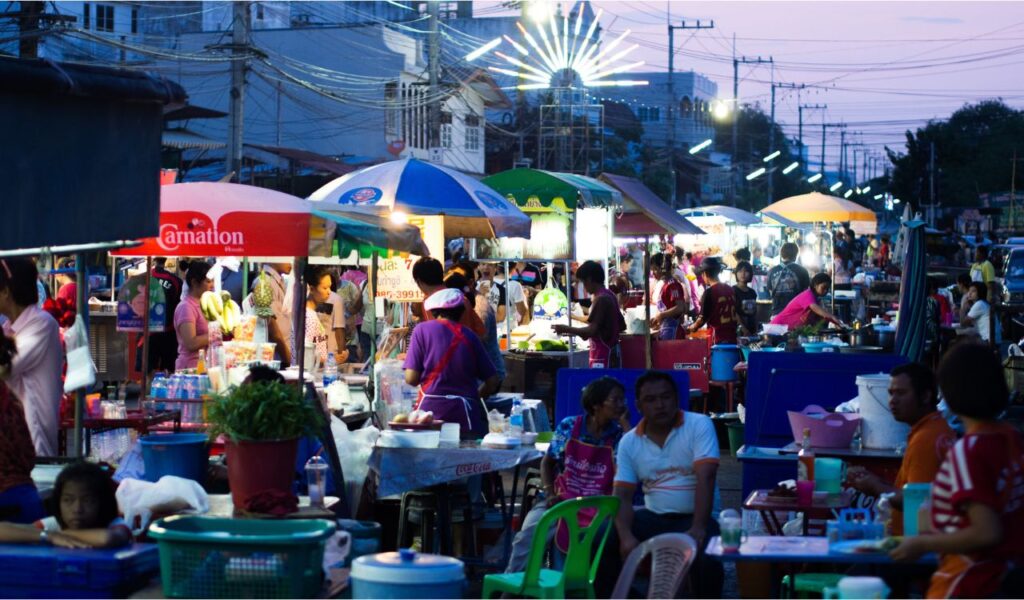
Want to see Thais instantly shut down? Raise your voice. Thais place enormous value on calm communication and view public displays of anger as embarrassing losses of face and self-control. Raising your voice at service workers or showing visible frustration won’t solve problems – it makes locals uncomfortable and unwilling to help. The cultural concept of “saving face” means maintaining composure brings far better results than confrontation.
Use Your Right Hand

Traditional Thai customs designate the right hand as clean for all social interactions, reserving the left for personal hygiene. Use your right hand exclusively for eating, passing items, exchanging money, shaking hands, and giving or receiving gifts to show proper respect. This practice rooted in practical concerns about cleanliness remains an important cultural norm throughout Thailand that visitors should consistently follow to avoid awkward moments.
Minimize Public Displays of Affection

Despite Thailand’s reputation as a tourist-friendly paradise, the culture maintains deeply conservative attitudes toward physical intimacy in public spaces. While hand-holding between couples generally passes without comment, kissing, embracing, and other intimate gestures are considered inappropriate and disrespectful. Save romantic displays for private settings and follow the lead of local couples, who typically keep affection subtle in public view to maintain social harmony.
Other Blog Posts You Might Enjoy
www.idyllicpursuit.com (Article Sourced Website)
#Key #Rules #Thailand #Travel #Etiquette #Idyllic #Pursuit
